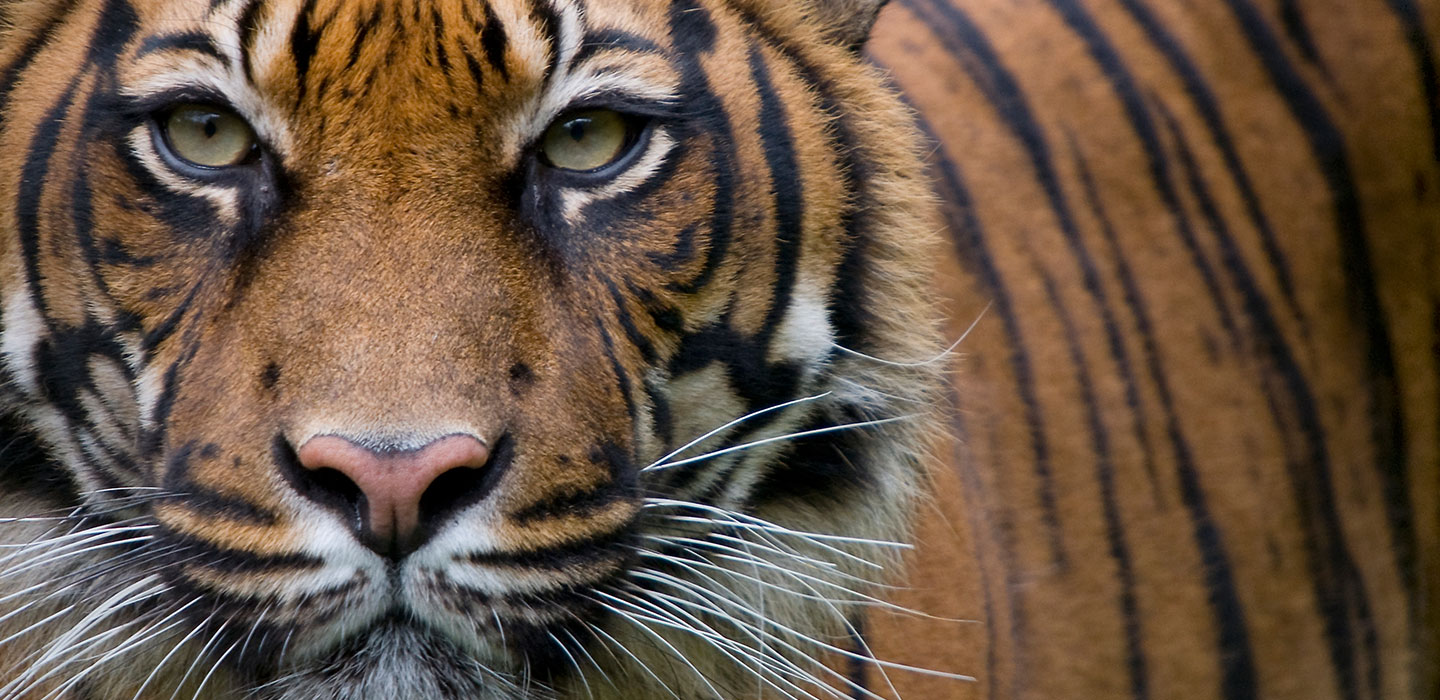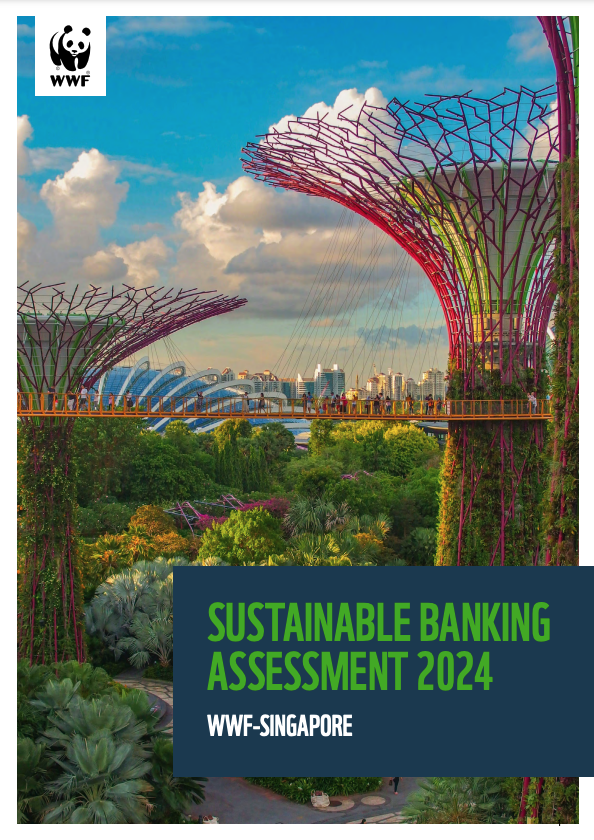Gland – Following the serious crimes recently uncovered during a raid on Thailand’s Tiger Temple, WWF is using Global Tiger Day today to call on governments across Asia to investigate all tiger breeding centres and close any operations proven to be involved in the illegal tiger trade.
Closure of these operations, commonly referred to as ‘tiger farms’ to distinguish them from legitimate zoos or captive breeding facilities established for conservation purposes, would significantly boost efforts to save the world’s remaining wild tigers.
In June, authorities in Thailand launched a crackdown on the Tiger Temple. Along with 137 tigers, they found the bodies of 40 tiger cubs in a freezer, 30 cubs preserved in jars and about 1,000 amulets made from tiger skin.
“The shocking images from the Tiger Temple of tiger cubs frozen and prepared for the illegal trade provide clear evidence of what is really going on behind the scenes at these tiger farms and why they must be closed,” said Michael Baltzer, Leader of WWF Tigers Alive Initiative. “Closing tiger farms will help countries to achieve the ambitious goal of doubling wild tiger numbers by 2022.”
While the Tiger Temple has now become Asia’s most notorious ‘tiger farm’, tiger breeding centres in Asia have increased at an astounding rate over the last 15 years, despite calls by a coalition of NGOs to end tiger breeding for commercial purposes and phase out tiger farms.
According to the Environmental Investigation Agency (EIA), there are more than 200 such centres across Asia ranging in size from tiny to huge. These centres, spread across China, Laos, Viet Nam and Thailand, jointly house between 7,000-8,000 captive tigers – far more than the estimated 3,900 tigers left in the wild.
Many of these tiger breeding centres – which often include entertainment attractions like the Tiger Temple – are likely to be involved in the illegal trade of tigers and tiger products, particularly given their incredibly high operating costs. They undermine efforts to protect wild tigers and halt the illegal trade by complicating enforcement activities, and by normalizing and legitimizing the sale of tiger parts and products, which in turn drives up demand.
“The illegal tiger trade does not stop at Thailand’s borders and the country has begun to show the way forward. Hopefully, Viet Nam, Laos and China will now take similar steps to help tackle the illegal trade,” said Yowalak Thiarachow, Country Director, WWF-Thailand. “The Thai authorities have taken brave and decisive action to close the Tiger Temple and they must close all the other tiger farms in the country to help end the illegal trade in tigers and tiger parts in Thailand.”
However, tiger farms cannot be closed overnight since the fate of the tigers would still need to be resolved, especially as none of them could be released into the wild. International support would be needed to help countries deal with this challenge, including ensuring rigorous oversight of the operations while they were being phased out.
“It is critical that the international community steps up and provides financial support to the Thai government to ensure the well-being of these tigers and motivate the government to speedily close all the existing operations involved in trading tigers,” urged Edwin Wiek, Director of Wildlife Friends Foundation Thailand.
Tiger farms will also be discussed at the upcoming conference of the Convention on International Trade in Endangered Species (CITES) in South Africa, including the need to prevent tigers and tiger products entering illegal trade from and through such farms. WWF supports a number of the proposals, which – if adopted – will ensure much greater regulation and oversight of these operations.
“Many tiger range states have devoted considerable resources to conserving their wild tigers – efforts that are being undermined by the existence of these farms,” said Baltzer. “Successful combined government efforts to recover wild tigers are beginning to show progress but much more needs to be done to secure their future in the face of ongoing habitat loss and poaching. The hard work could so easily be undone.”
It is now estimated that close to 3,900 tigers remain in the wild, up from the previous estimate of as few as 3,200 in 2010 – the year in which all the tiger range states, partner countries, and organisations committed to work towards the TX2 goal of doubling the number of wild tigers by 2022.















